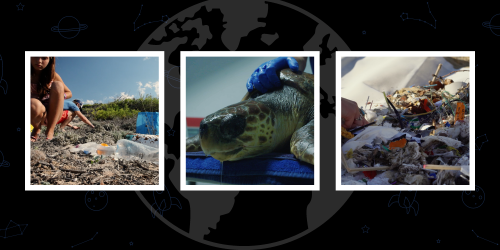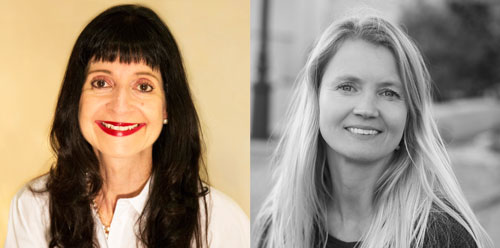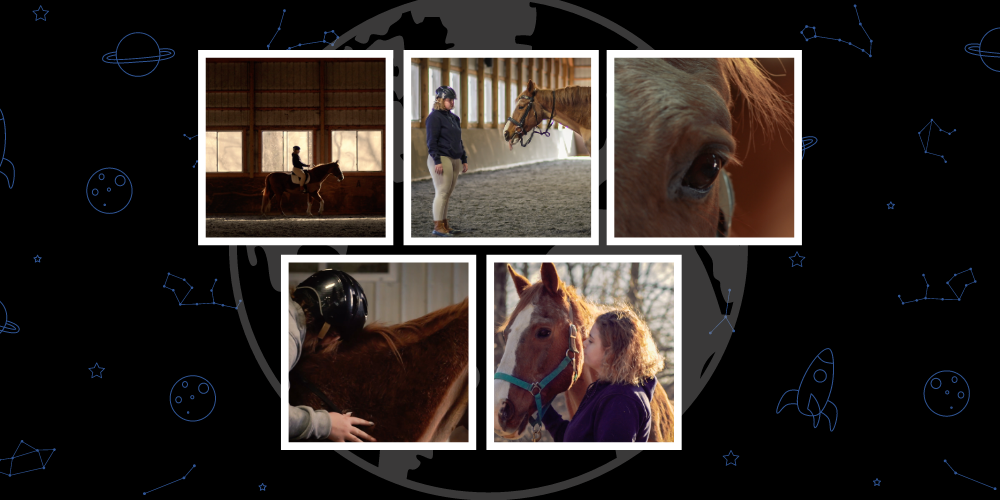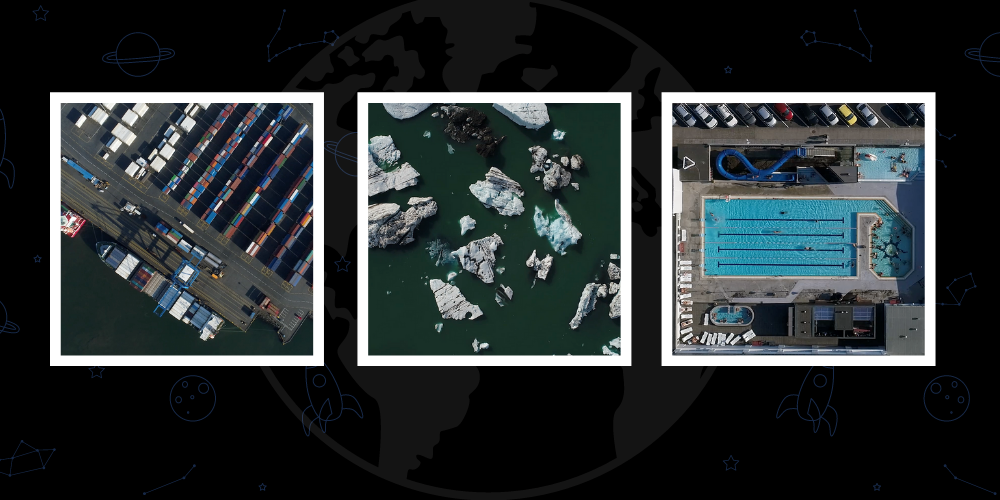Audiences can screen 塑料外 on the Planet Classroom Network this month. Written and Directed by Line Hadsbjerg, the documentary sets out to explore the devastating impact of plastic in our natural environment. The film is set in the Balearic Islands where multiple activists speak about how the sea is seen as a garbage container thanks to people’s careless “throw-away” culture of consumption. The film was initiated by Cleanwave.org and is a call to action for big businesses and individuals everywhere to recycle and clean up our world.
全球搜索教育 is pleased to welcome Director Line Hadsbjerg.
Line – Thank you for this wonderful film. The fact has been shared that by 2050, it is likely there will be more plastic than fish in the ocean. This fact may be inevitable. What are the solutions you have seen that counteract/prevent the issues from happening?
I believe there is a growing consciousness globally that single-use plastic is having a catastrophic impact on our planet. It is the sheer scale of consumption that is becoming evident across the globe: in our rivers, our seas, along our streets and in the landscape.
I see the solutions to plastic waste to be very clear:
- Legislation – Banning the production of single use plastic is the only tool that can override the corporate drive of making profits. Plastic is a growth industry – if we want to turn off the production taps – we must legislate it.
- Alternatives – In close correlation to banning single use products, support and rewards should be given to those who find creative, sustainable alternatives.
- Make polluters responsible for the waste they produce.
- Effective waste management – 世界上有許多地方的街道上到處都是塑料垃圾. 幾十年來,富裕國家一直在向貧窮國家傾倒垃圾, 他們中的許多人沒有有效的廢物管理設施來處理自己的廢物, 更不用說傾倒國際垃圾了.
因為大企業是我們問題的一個重要原因, 你會建議做些什麼來讓他們回收更多?
我不認為回收是一種解決方案. 這是一項重要的行動,可以作為廢物管理戰略的一部分, 但這並不能解決我們的塑料危機. 它只會將塑料轉移回消費鏈, 但它不會讓它消失.
應該鼓勵大公司探索和使用更好的替代方案.
水供應商如何減少他們在瓶子上使用的塑料量? 用什麼水瓶可以更環保?
水就是生命, and healthy drinking water should be easily and freely available to all living creatures. 然而, we have chosen to regard water as a “resource” – and water bottle suppliers are keen to commoditize water – rather than ensuring that our tap water is potable.
I would argue that public water fountains should be available in all cities across the world, where people can refill their sustainable, reusable water bottles for free.
Thereafter, we should be using returnable glass bottles for all water. Plastic water bottles should be banned, and if exceptions are created, a deposit system should be in place.
Please keep in mind that it takes 6 liters of water to produce a 1 liter plastic water bottle.
If we asked you to create an action list of the most important tasks that everyone who watches your film can do to limit the amount of plastic in oceans and on beaches, what would that list look like?
- Pick up the trash that you see on the beaches and in the landscape and streets where you live.
- Always carry a water bottle with you that you can refill.
- Try to avoid buying your fruit and vegetables in plastic packaging – support the ZERO WASTE stores.
- Take a reusable bag with you.
- Buy local.
The arts and storytelling are a powerful way to promote positive societal change. What are you working on next?
There is great power in visual storytelling. I am working on a new ocean film – bringing ocean lovers together for the love of the ocean.
Thank you Line!
C.M. Rubin and Line Hadsbjerg
不要錯過 塑料外, 現在在 Planet Classroom Network 上放映.







最新評論